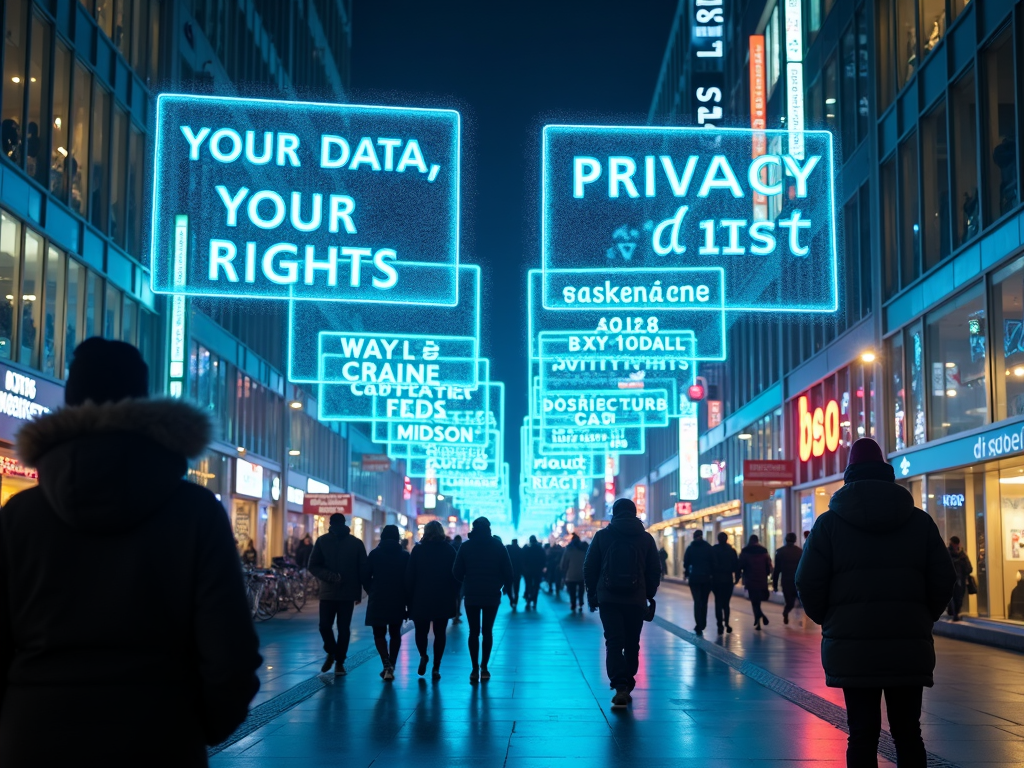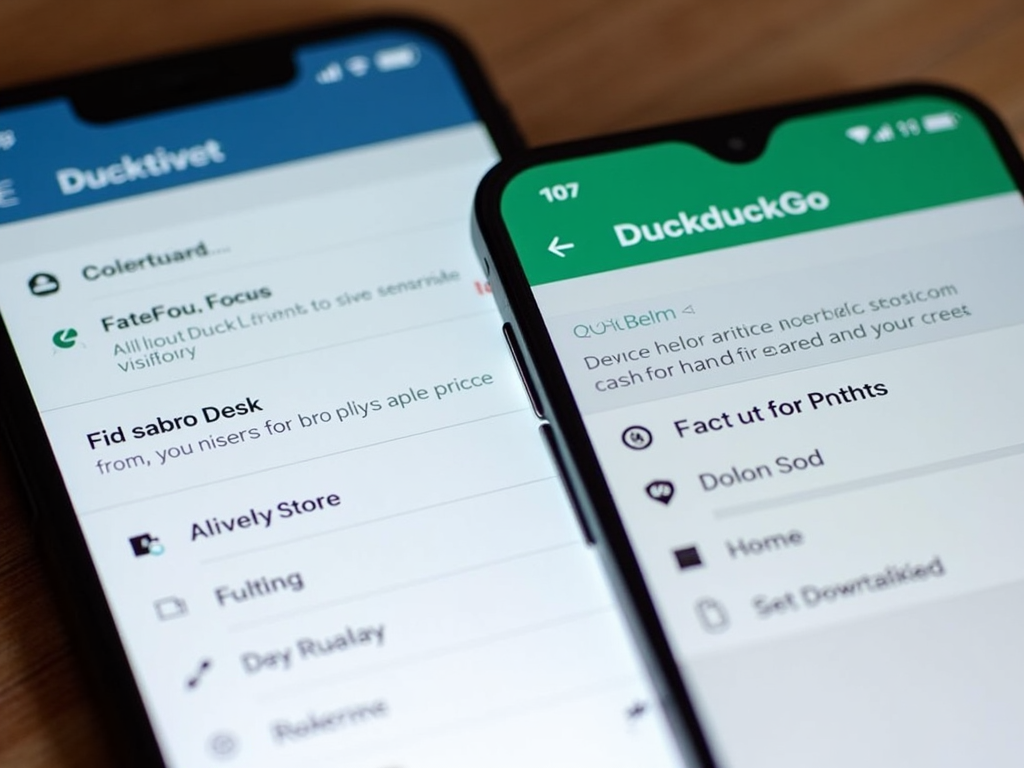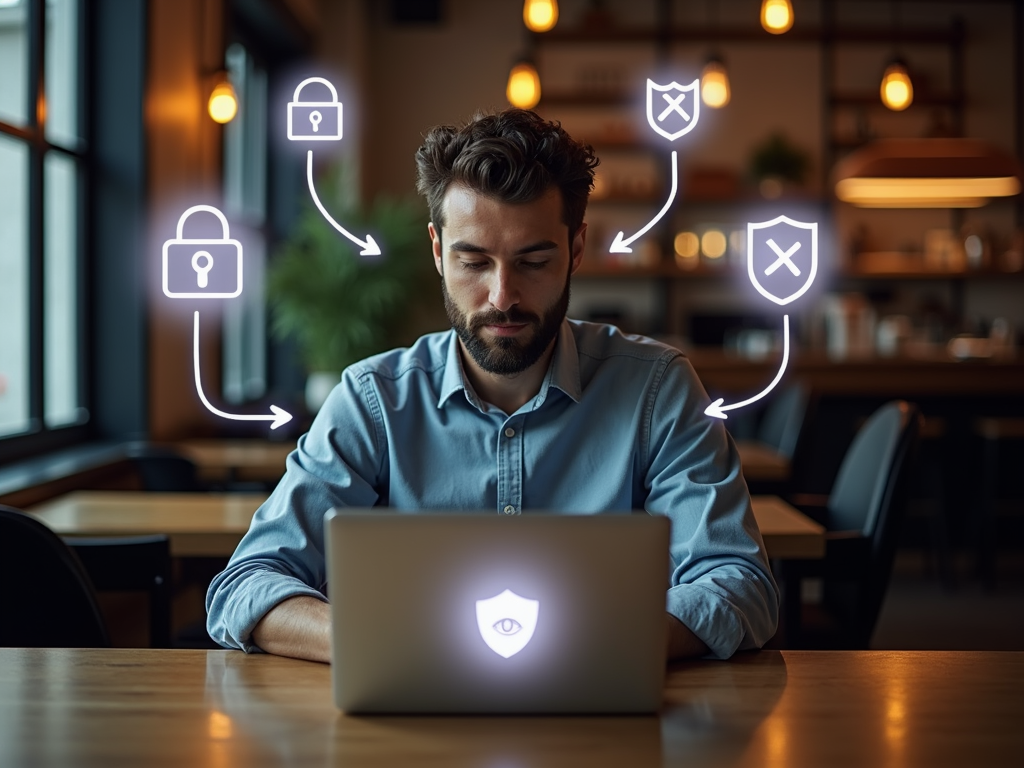The Future of Online Privacy Laws: What You Need to Know
Overview
Your personal data is everywhere online, and protecting it is a growing concern. This article explores The Future of Online Privacy Laws, explains their importance, and highlights top privacy tools for secure browsing. We’ll also compare Firefox Focus vs DuckDuckGo to see which mobile browser is more private. Ready to take control of your privacy?
Understanding Online Privacy Laws
Online privacy laws are rules that keep your personal information safe on the internet. They decide how companies can collect, store, and use things like your name, email, or browsing habits. For instance, when you shop online, these laws stop stores from sharing your details without permission.
In the U.S., the California Consumer Privacy Act (CCPA) lets you see what data companies have on you. Over in Europe, the General Data Protection Regulation (GDPR) makes companies ask before tracking you. These laws give you power over your data, but they differ depending on where you live.

Why These Laws Are a Big Deal
Think about how much you share online—your location, your likes, even your shopping list. Companies love this data. They use it to send you ads or sell it to others. Without online privacy laws, there’s no limit to what they can do.
I’ve seen friends freak out when ads pop up for things they only mentioned in passing. That’s tracking at work. Laws like GDPR stop this by forcing companies to be upfront. They’re not perfect, but they’re a start.
What’s Next for Online Privacy Laws?
The Future of Online Privacy Laws is exciting and tricky. Technology moves fast—think artificial intelligence scanning your every click. Laws need to catch up. Experts say we’ll see tougher rules soon. More countries might copy the GDPR, which is tough on companies that break the rules.
In the U.S., a national law could replace the patchwork of state rules. But enforcing these laws globally? That’s hard. I worry big tech might find loopholes, like moving data overseas.

Challenges Ahead
Data breaches are skyrocketing. In 2023 alone, over 300 million people had their data exposed (source: Identity Theft Resource Center). Laws can’t stop every hack, but they can punish companies that don’t protect us. Another hurdle? Balancing privacy with progress. Too many rules might slow down cool new tech.
I think the future depends on governments working together. If they don’t, we’ll keep playing catch-up.
Top Privacy Tools for Secure Browsing
Laws help, but you can protect yourself too. Online privacy tools are a game-changer. Here’s what I recommend:
- VPNs: They hide where you are and scramble your connection. Perfect for public Wi-Fi.
- Ad Blockers: These zap annoying ads that track you.
- Privacy Browsers: Tools like Firefox Focus and DuckDuckGo keep your activity off the radar.

Firefox Focus vs DuckDuckGo: Which Mobile Browser Is More Private?
Let’s break this down. Firefox Focus vs DuckDuckGo—both are solid, but they’re different.
- Firefox Focus: It’s like a ninja. Blocks trackers automatically and wipes your history when you’re done. I love how simple it is.
- DuckDuckGo: Starts as a search engine that doesn’t track you, but its browser adds extras like forcing secure connections.
For me, Firefox Focus wins if you want zero traces. DuckDuckGo shines if you like search and browsing in one. Your call!
Picking the Best Tools for You
Not sure where to start? Here’s a quick guide:
| Need | Tool |
|---|---|
| Hide my location | VPN |
| Stop ad tracking | Ad Blocker |
| Private browsing | Firefox Focus |
| Private searches | DuckDuckGo |
I mix a VPN with DuckDuckGo for everyday use. It’s like locking your door and closing the curtains—double protection.

What You Can Do Right Now
You’re not helpless. Small steps make a difference:
- Check app permissions. Do they really need your location?
- Use strong passwords. I use a password manager to keep them safe.
- Think before you post. That cute pet pic might reveal more than you think.
Last year, I cut my social media sharing in half. Guess what? Fewer creepy ads.
Summary
The Future of Online Privacy Laws is about stronger protections and bigger challenges. Laws will get tougher, but tools like VPNs and browsers like Firefox Focus or DuckDuckGo put power in your hands. Stay smart, use the right online privacy tools, and keep your data yours. Want to dig deeper? Check out the readings below!